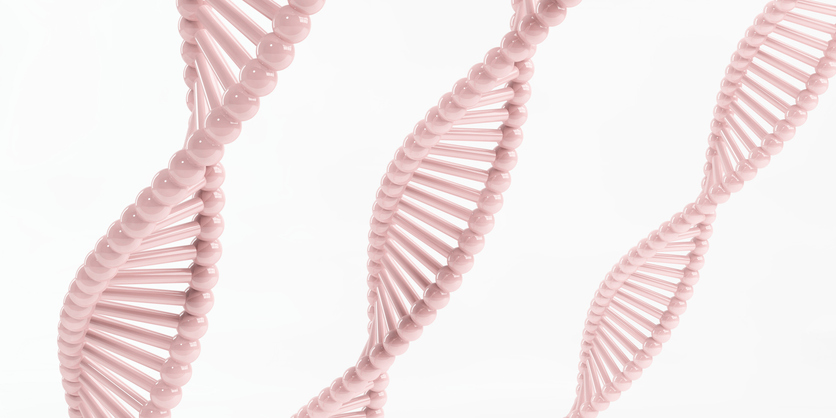
Genetic factors could influence oral biofilm pathogenicity

A salivary amylase gene copy number could play a role in oral health.
The gene AMY1 is capable of promoting starch digestion through the salivary amylase enzyme. Prior studies have uncovered a potential correlation between the gene and the likelihood of developing dental caries and periodontal disease.
In an in vitro study published in Microorganisms, researchers examined how the AMY1 gene affected response to starch among oral microbiota. They used the saliva samples of 31 individuals with differing AMY1 copy numbers to culture oral biofilms and assess self-reported oral health issues. Culture media either contained or didn’t contain starch.
The researchers discovered that biofilm alpha diversity declined with the presence of starch. Further, they found that the interaction between copy number and starch content resulted in changes in oral microbiota community composition, promoting the growth of Atopobium and Veillonella bacteria — both of which have been implicated in dental caries and periodontal disease.
The findings indicated the potential for saliva to be used as a biomarker of oral diseases. Copy numbers of the AMY1 gene could also be used to inform dental hygiene habits in certain individuals at greater risk of dental caries and periodontal disease.
Read more: Microorganisms
The article presented here is intended to inform you about the broader media perspective on dentistry, regardless of its alignment with the ADA's stance. It is important to note that publication of an article does not imply the ADA's endorsement, agreement, or promotion of its content.